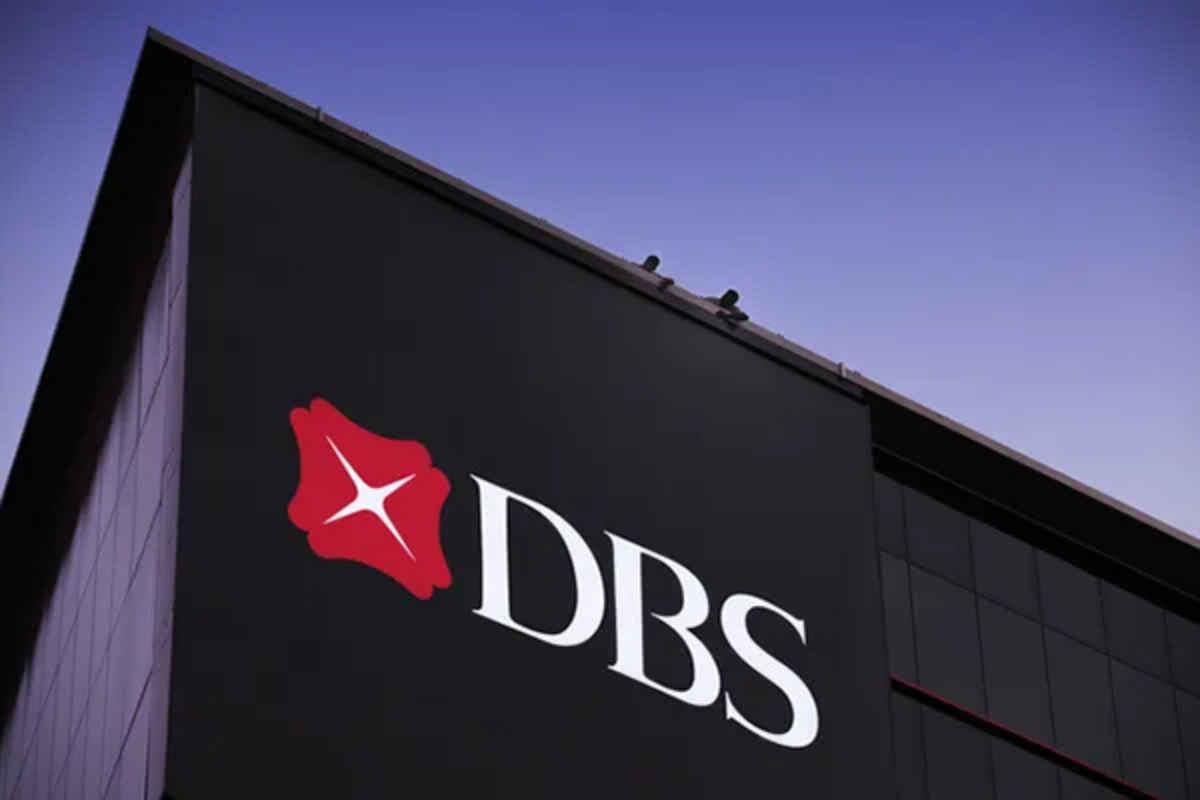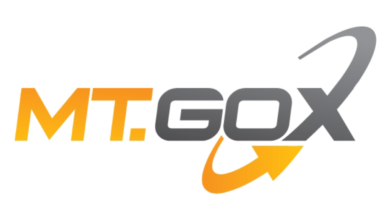
DBS Bank, Singapore’s largest banking institution, is embracing the future of finance with its newly launched tokenized banking services tailored for institutional clients. In an effort to stay ahead of the curve, DBS is offering clients instant, real-time settlement capabilities powered by blockchain technology. These services are designed to help businesses optimize liquidity management while streamlining operational workflows, all within a secure, regulated framework.
At the heart of DBS’s new offerings is the integration of tokenization and smart contracts, which allow companies to settle payments faster and more efficiently. This marks a significant move for DBS, demonstrating how established financial institutions can leverage decentralized technology to provide advanced solutions for their clients. With this suite of services, DBS is not just keeping pace with digital transformation it’s leading the charge.
DBS Leads the Charge with Real-Time Settlements
DBS Bank’s new tokenized banking service is built to provide real-time payment settlements, a critical advancement in modern banking. By utilizing a permissioned blockchain one that allows DBS more control over who can access the system the bank is ensuring that the benefits of blockchain, such as transparency and speed, are fully realized while maintaining compliance with regulatory standards.
Unlike open public blockchains, a permissioned blockchain offers an extra layer of security, making it more appealing to institutional clients who handle large transactions. This allows businesses to not only speed up their payment processes but also optimize how they manage liquidity. As Lim Soon Chong, Group Head of Global Transaction Services at DBS, noted, this shift is crucial for companies and public entities that are moving towards on-demand digital services. “A new generation of ‘always-on’ banking services is essential to support this shift and transformation,” he added.
By focusing on real-time transactions, DBS is enabling its clients to reduce the delays and inefficiencies often associated with traditional banking systems. This capability can have a significant impact on how businesses manage their working capital, giving them more agility in their financial operations.
How Tokenization is Transforming Corporate Finance
Tokenization, the process of converting assets into digital tokens on a blockchain, is poised to revolutionize how businesses handle financial transactions. For institutional clients, tokenization allows for more efficient liquidity management by reducing friction in payments and offering real-time asset tracking and settlements.
In practice, DBS Bank’s new tokenized banking services can significantly streamline operational workflows, providing an alternative to outdated systems that rely on slower, more manual processes. By digitizing assets, businesses can quickly and securely settle transactions, which is particularly valuable in sectors like real estate, trade finance, and supply chain management where speed and transparency are critical.
Additionally, tokenization opens new opportunities for customer engagement. As businesses adopt these digital-first financial solutions, they can pass on the benefits of faster, more transparent transactions to their own clients. This not only strengthens business relationships but also enhances overall business resilience by reducing exposure to delays or inefficiencies in financial processes.
Partnerships and Pilots: DBS’s Strategic Moves in Blockchain
DBS’s recent announcement is part of a broader strategy to integrate blockchain into its core banking services. One of the bank’s notable collaborations has been with Ant Financial, where they are piloting a treasury and liquidity management solution that leverages smart contracts to automate and optimize these processes.
In addition, DBS is working closely with Enterprise Singapore and the Singapore Fintech Association on a project involving conditional payments, which has the potential to revolutionize how businesses handle transactions that require predefined conditions to be met. These pilots underscore DBS’s commitment to exploring cutting-edge technologies that can improve efficiency and drive innovation in the banking sector.
The bank is also part of Hong Kong’s e-HKD Pilot Program, where it is testing digital vouchers distributed via smart contracts. This initiative encourages consumers to engage in eco-friendly activities, rewarding them with digital vouchers that can be spent at small and medium-sized enterprises (SMEs).
Could DBS’s Token Services Redefine Institutional Banking?
The launch of DBS’s tokenized banking services could have a significant ripple effect across the institutional banking sector. By offering real-time settlement capabilities, DBS is meeting the growing demand for on-demand digital services that prioritize efficiency and liquidity. These services can help businesses unlock new opportunities, reduce operational bottlenecks, and strengthen their financial resilience in an increasingly competitive market.
What makes this move particularly noteworthy is the seamless integration of smart contracts into traditional banking frameworks. By leveraging smart contracts, DBS is automating processes like payments, liquidity management, and asset transfers, allowing businesses to cut down on manual intervention and reduce the risk of human error.
This could lead other banks to follow suit, adopting similar blockchain solutions to stay competitive in the rapidly evolving financial landscape.
Conclusion: A Bold Move Toward the Future of Finance
DBS Bank is setting a new standard for institutional banking with its tokenized banking services, offering real-time payments, smart contract-enabled liquidity management, and seamless operational efficiency. By integrating blockchain technology into its core offerings, DBS is not just responding to the digital demands of its clients it’s shaping the future of corporate finance.
For businesses and institutional clients looking to optimize liquidity and streamline workflows, this could be a game-changer. The ability to settle payments in real time provides businesses with the agility they need to stay ahead in today’s fast-paced market. As blockchain continues to transform the financial sector, DBS is ensuring its clients are at the forefront of this revolution.






